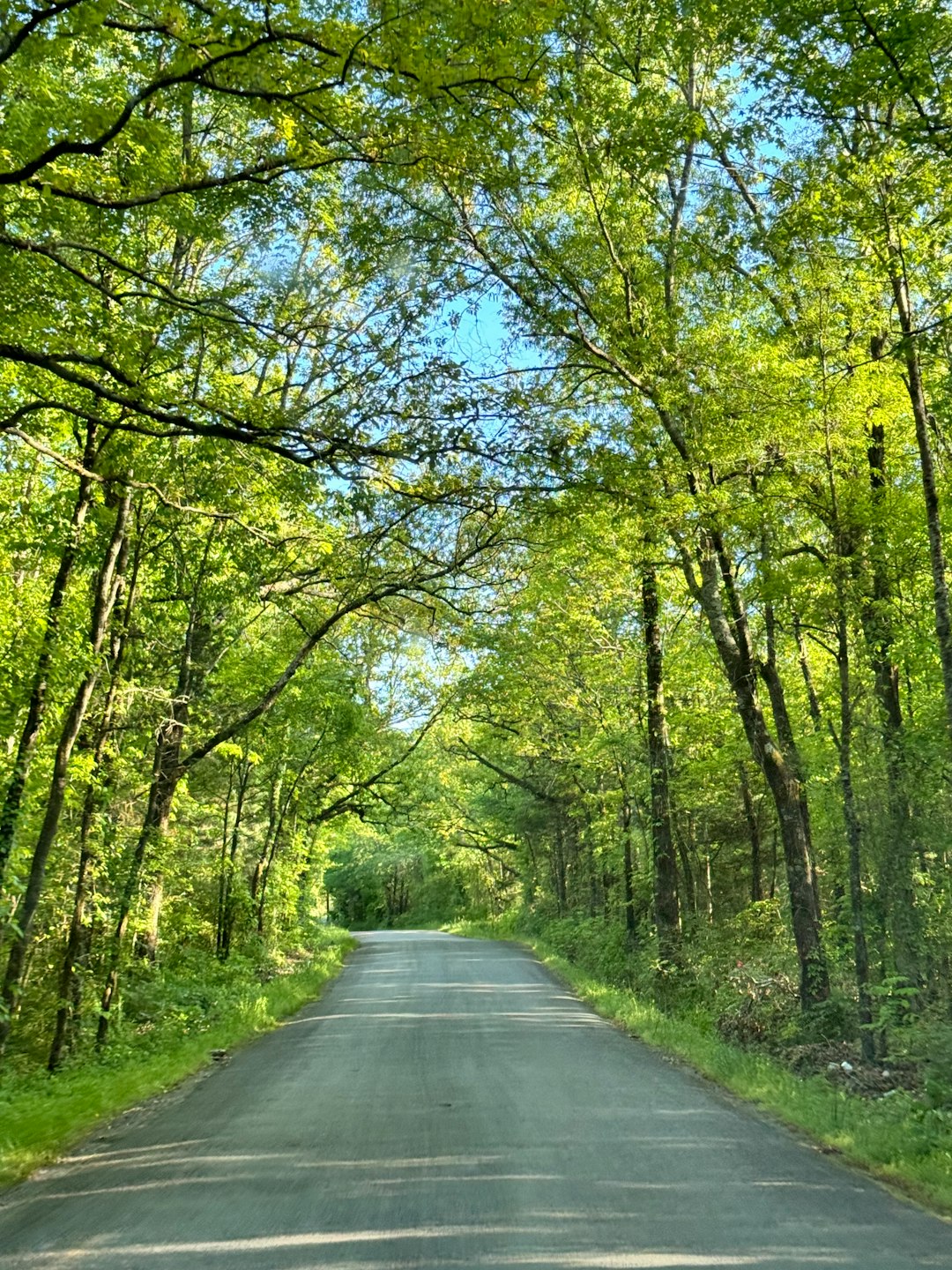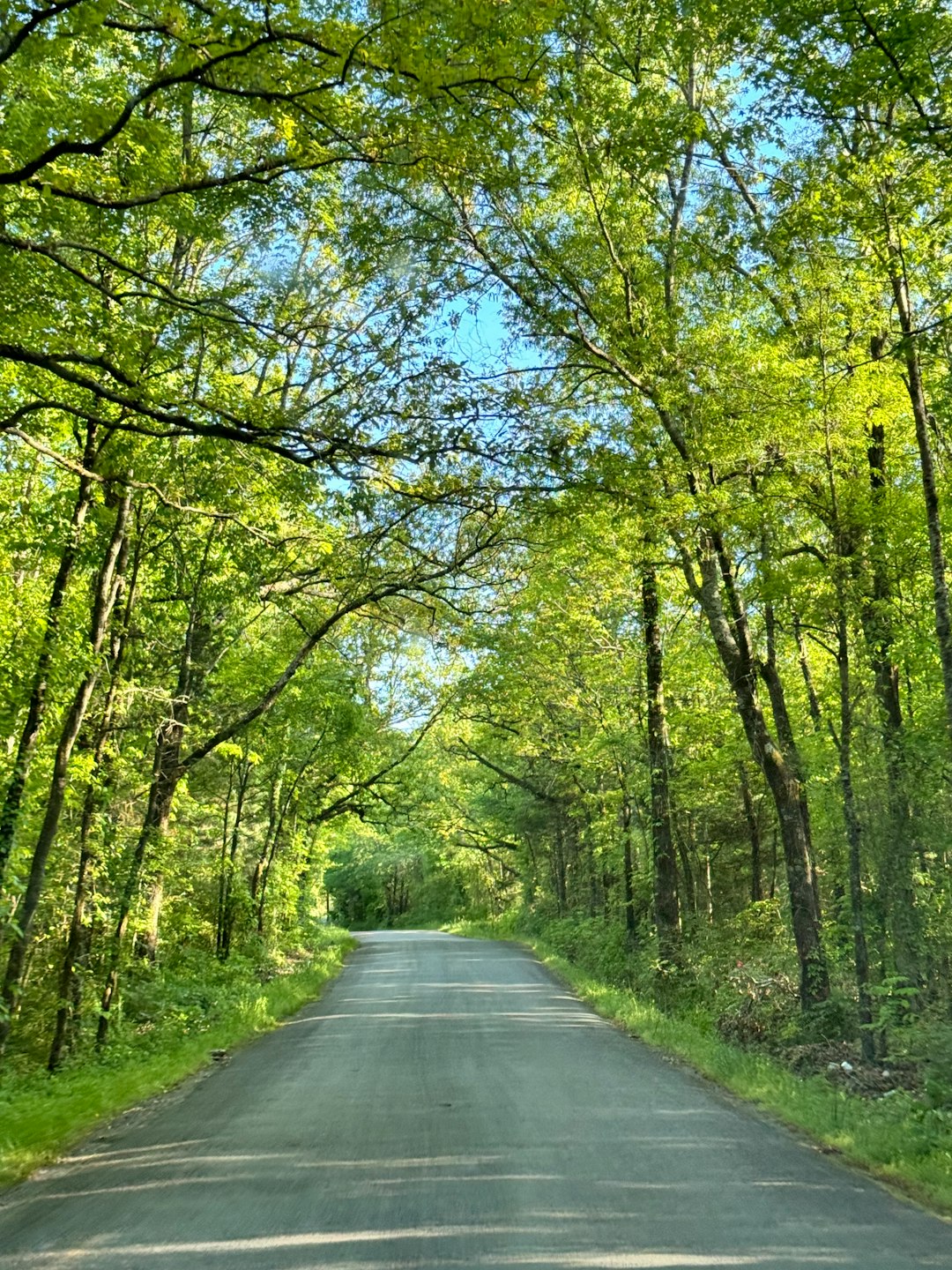Spam calls are a common nuisance in Arkansas, but the Telephone Consumer Protection Act (TCPA) offers legal protection. To combat this issue, artists can partner with law firms specializing in TCPA cases to create engaging campaigns that educate the public about anti-spam measures. By leveraging artists' unique perspectives and networks, these partnerships can effectively reduce spam calls, ensuring compliance with laws like the TCPA and fostering community engagement. Specialized Spam Call law firms in Arkansas provide essential services such as cease and desist letters, negotiations, and court representation to block unwanted calls, seek compensation, and promote responsible marketing practices. Community awareness programs, including workshops, performances, and public service announcements by local artists, further educate residents on identifying and blocking spam calls, significantly reducing their impact across the state.
In the age of digital connectivity, spam calls remain a persistent nuisance in Arkansas. These unwanted phone communications not only disrupt daily life but also fall within the purview of the Telephone Consumer Protection Act (TCPA). To combat this growing issue, businesses and individuals must understand both the law and innovative solutions. This article explores collaborative strategies with local artists, legal insights from top spam call lawyers, and community-driven awareness programs to effectively address and reduce spam calls in Arkansas. Discover how these approaches can create a more peaceful, less intrusive communication environment for all Arkansans.
Understanding Spam Calls and TCPA Regulations in Arkansas

Spam calls, or unsolicited telephone marketing calls, are a common nuisance that many Arkansans face daily. These calls can be from various sources, including businesses promoting their products or services, and they often violate consumer privacy. The Telephone Consumer Protection Act (TCPA) is a federal law designed to curb such practices and protect consumers from unwanted phone marketing. Understanding these regulations is crucial when collaborating with local artists to raise awareness about spam calls in Arkansas.
In Arkansas, the TCPA restricts how businesses can contact consumers by phone, including the use of automated dialing systems and prerecorded messages. Consumers have the right to opt-out of such calls, and any violation can result in significant penalties for the offending company or lawyer. By educating artists about these laws and their importance, you’re not only helping to stop spam calls but also fostering a partnership that aligns with consumer protection efforts in Arkansas.
Building Relationships with Local Artists for Collaborative Solutions

Building strong relationships with local artists can open doors to innovative and effective solutions in combating spam calls. Many artists are adept at creating engaging content that resonates with their communities, a skill that can be leveraged to spread awareness about anti-spam measures. By collaborating with them, you tap into their networks and creative prowess to design impactful campaigns that educate the public about the perils of unwanted calls. This approach not only helps in adhering to the stringent Spam Call laws in Arkansas, such as those governed by the TCPA (Telecommunications Consumer Protection Act), but also fosters a sense of community engagement.
Local artists can contribute unique perspectives and artistic expressions to make these campaigns memorable and persuasive. Their ability to simplify complex issues through art, music, or storytelling can effectively communicate the importance of blocking spam calls and the legal protections available through a reputable Spam Call law firm in Arkansas. Engaging with artists ensures that your message reaches diverse audiences, making it a powerful strategy for raising awareness about how to stop spam calls in Arkansas.
Legal Strategies to Combat Spam Calls: A Lawyer's Perspective

When it comes to tackling spam calls in Arkansas, understanding legal strategies is essential. The Telephone Consumer Protection Act (TCPA) serves as a robust framework for curbing unwanted telemarketing activities. A dedicated Spam Call law firm or experienced lawyers specializing in TCPA cases can guide individuals and businesses on how to stop spam calls effectively. They employ various legal tactics, such as filing cease and desist letters, negotiating with call centers, and representing clients in court when necessary.
These legal experts help navigate the complexities of Arkansas’ spam call laws, ensuring compliance and providing effective solutions. By leveraging their knowledge of TCPA regulations, they can assist in blocking calls, seeking compensation for violations, and educating companies on responsible marketing practices. This collaborative approach between local artists and legal professionals is a powerful strategy to create a safer, less disruptive communication environment for all Arkansas residents.
Implementing Community Awareness Programs for Effective Change

Implementing Community Awareness Programs is a powerful strategy to educate residents about spam calls and their impact on daily life in Arkansas. By organizing workshops, seminars, or community events, individuals can learn practical tips and tricks to identify and block these unwanted calls. These programs can be hosted by local non-profit organizations, schools, or even law firms specializing in TCPA (Telemarketing Consumer Protection Act) cases, ensuring accurate information dissemination. Engaging the community directly helps foster a culture of awareness and responsibility, encouraging residents to take proactive measures against spam call intrusion.
Through such initiatives, Arkansas residents can unite to combat this growing issue. By sharing knowledge and experiences, they can collectively push for stricter adherence to anti-spam call laws. Local artists, with their creative reach, can play a unique role in these awareness campaigns, making complex legal issues more accessible and engaging through art exhibits, performances, or public service announcements. This multifaceted approach ensures that the message of spam call prevention resonates with a diverse audience, ultimately leading to significant reductions in spam calls across Arkansas.






